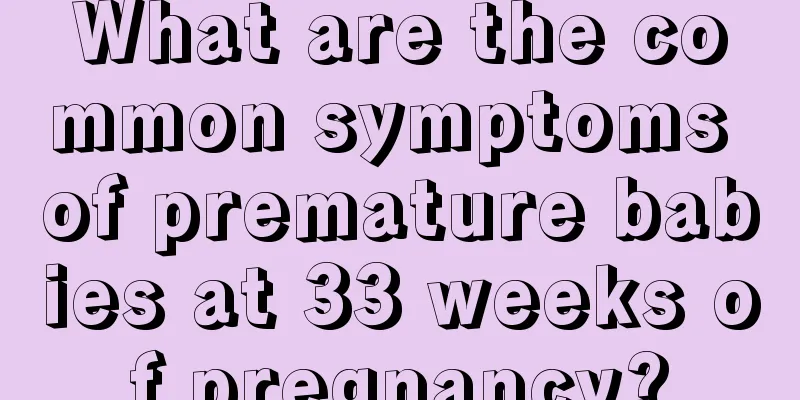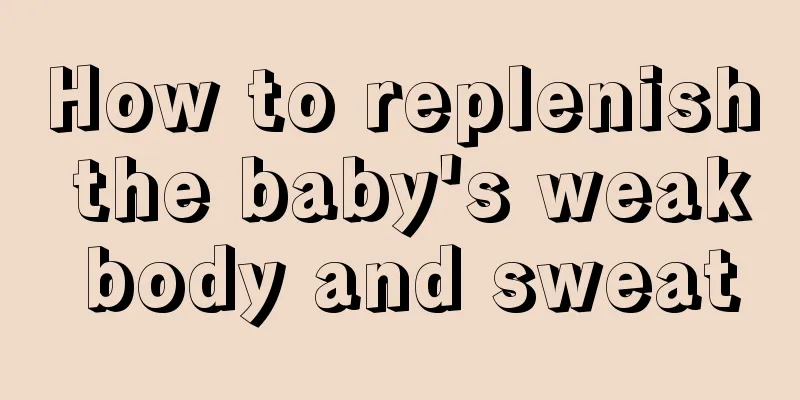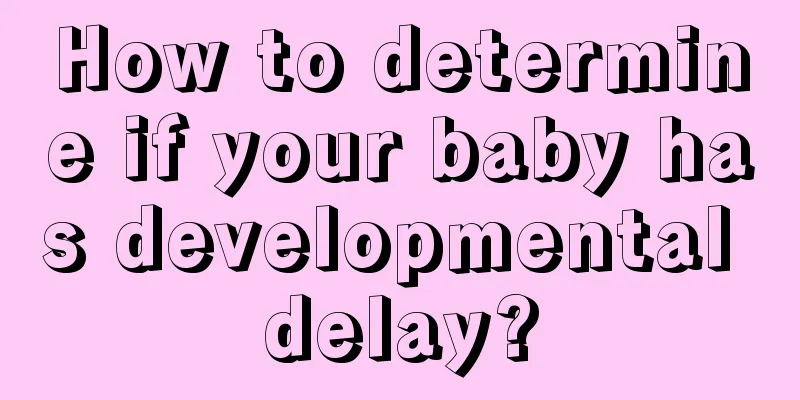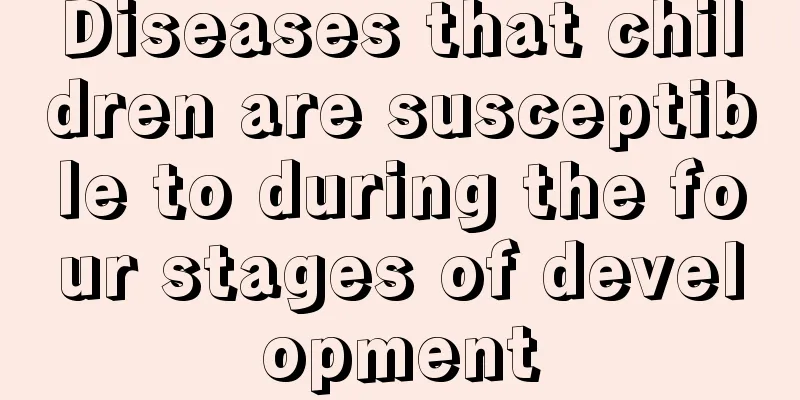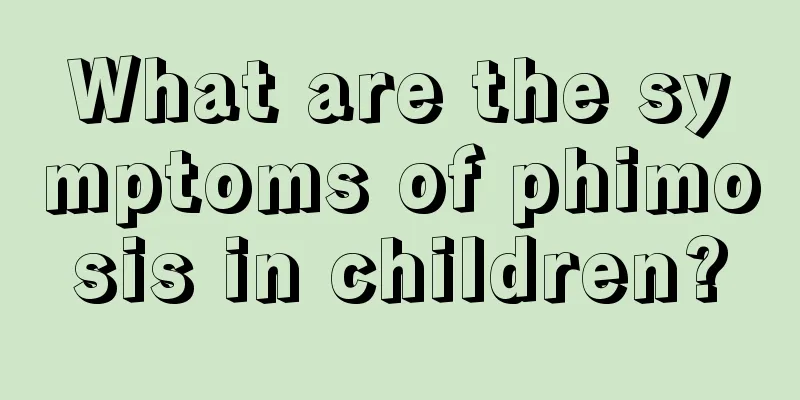What is the cause of the child's low-grade fever for several days?

|
In the pediatric outpatient clinic, the most common problem we encounter is children's fever. There are many types of fever, some are intermittent, and some are long-lasting low-grade fevers. In fact, low-grade fever is not necessarily related to some disease infections or bacterial infections. As a parent, don't panic too much and start with care in daily life. In the pediatric clinic, the most common problem encountered is the baby's fever.Whether it is the simplest cold or other infectious or non-infectious diseases, fever is one of the most common symptoms in babies. Once the baby has a fever, many parents will become anxious and panic, and will not be able to sleep or eat until the baby's temperature drops. In fact, fever is one of the manifestations of a baby's body after he is sick. Although we should pay attention to it, we should not only focus on the fever itself, nor be overly anxious. We must have a correct understanding. The temperature of fever may reflect the severity of the disease to a certain extent, but it should be noted that this is not absolute. The editor here would like to remind all parents not to judge the condition based solely on the temperature, because this may not be reliable for babies. The most common reason for a baby to have a fever is a cold. However, fever itself is a symptom, and there are many factors behind it. The prognosis of fever caused by different diseases is definitely different. Sometimes the baby's fever is relatively high, but the disease itself has a good prognosis, so if you pay attention to the treatment of the fever, the problem will not be too big; sometimes the baby's temperature is not high, but the disease behind it may have serious consequences, so it is easy to delay things if you only judge from the body temperature.Compared with high fever, doctors are sometimes more worried about babies who "cannot have a fever" because fever itself is one of the body's self-protection mechanisms. It is a symptom of the body mobilizing the immune system to fight infection. Therefore, the level of body temperature is not proportional to the severity of the disease. Due to their own characteristics, babies are sometimes prone to high fever, but their mental state is good, they can eat and sleep, so this high fever is not necessarily scary. However, some frail and sickly babies cannot organize an effective "offensive" even if they are invaded by pathogens because their immune systems are too weak. These babies may have serious infections but their body temperature is not high, or they may not even have a fever at all. But this "cannot burn" situation is actually more dangerous and more serious. Although doctors and the media have publicized this issue many times, many parents are still worried that fever will damage their baby's brain. Some even say, "My colleague/neighbor/relative's child had a fever and later developed epilepsy. Isn't this a brain injury?"However, the doctor explained that it first depends on the cause of the fever. For example, some babies' fever is not caused by the common cold, but by diseases such as viral encephalitis. Diseases like encephalitis themselves can easily cause damage to the nervous system. If it is "brain damage", it is the damage of the disease itself, which is not directly related to fever. Of course, most babies actually just have a common cold and fever. Under normal circumstances, this kind of fever will not cause serious damage to the baby's brain, unless the baby's temperature is too high and is not cooled down in time, resulting in febrile convulsions, also known as "cramps." When a convulsion occurs, the baby may face the threat of brain hypoxia. A short-term "cramp" may not be a big problem, but if the "cramp" continues and lasts for a long time, it may cause unexpected damage to the brain. However, everyone's physical constitution is different, so even at the same temperature, some babies may have convulsions while others may not. As long as parents deal with the situation in a timely manner according to their baby's characteristics and prevent the baby from having febrile convulsions, the baby will not suffer brain damage due to fever. |
<<: What's wrong with my child's cough and low-grade fever?
>>: The harm of low-grade fever in babies
Recommend
What are the causes of rhinitis in babies?
Now the air is seriously polluted, and many frien...
How much water should children drink every day
Water is a substance that people must consume in ...
What is the cause of white spots on children's teeth?
The quality of teeth is a very important matter, ...
How to treat baby's spleen and stomach deficiency?
From time to time, we often find that our babies ...
Child's stomach twitching
When a child's stomach cramps, it means that ...
Disadvantages of the second generation of test tube babies
For infertile men, IVF is undoubtedly the best so...
Diet therapy for small red spots on baby's face
In fact, today's babies' physical constit...
What to do if your child keeps coughing
Coughing is a disease that we are all afraid of. ...
What's wrong with a child eating his feet?
For parents, watching their baby grow up day by d...
Seasonal weaning is good for babies
We all know that many mothers need to wean their ...
What are the symptoms of cerebral palsy in children?
I believe that some parents have had this experie...
What is the reason for the child's neck pain?
The mother's every move is always on her mind...
Causes of vulvar itching in children
I believe that female friends are no strangers to...
Baby's spleen and stomach diet
If the baby's spleen and stomach are in good ...
Baby's growth diary
We have a baby in our family, which is a very hap...


